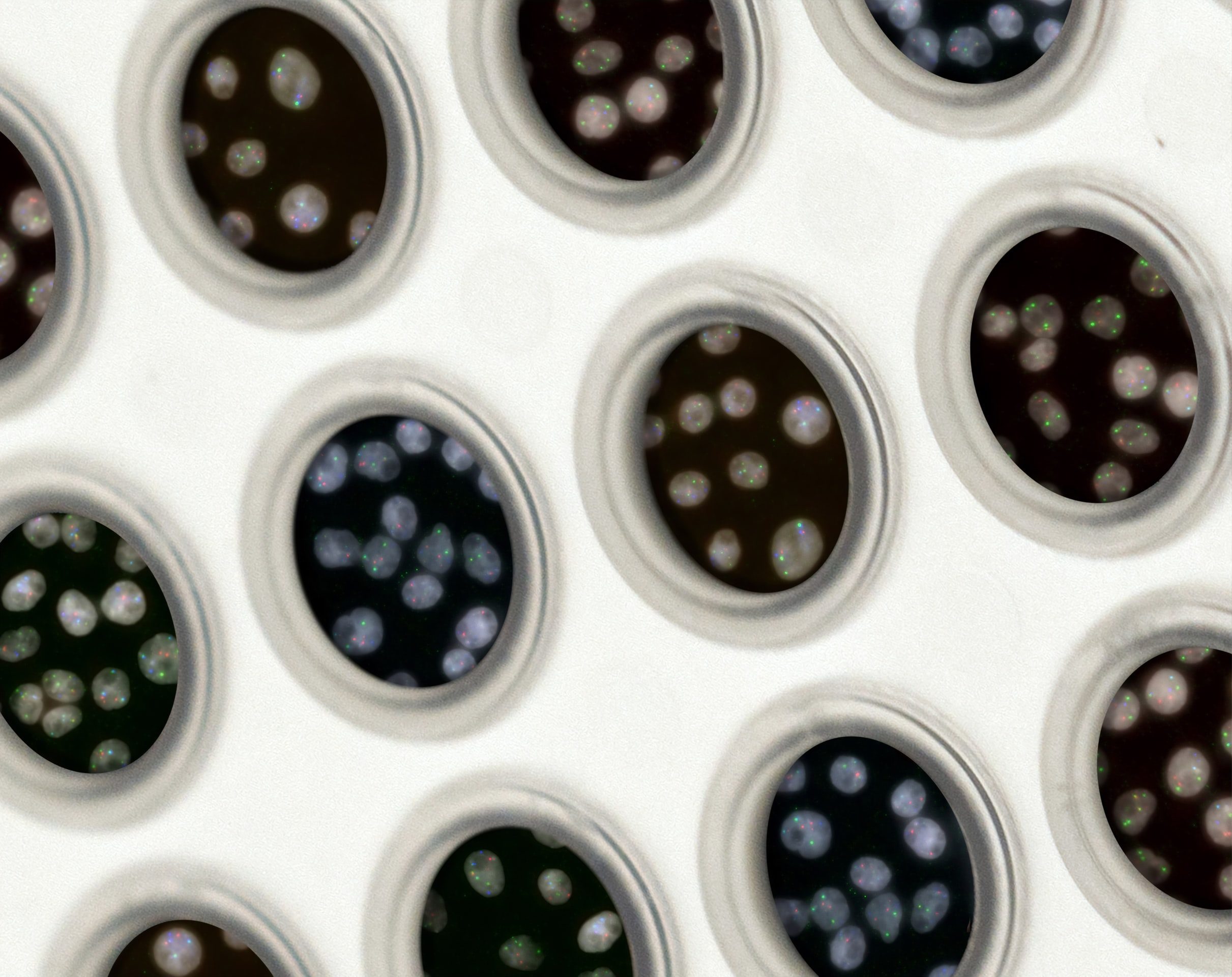While you likely know that vitamins and nutrients are important for health, most people do not realize exactly how different substances specifically help protect them. One important nutrient for people is vitamin D, which has a number of benefits, one of which involves cancer prevention and protection. Let’s take a look at how this substance helps keep us safe from these diseases.
What is Vitamin D?
First, it is important to ensure we’re all on the same page about what vitamin D actually is. As a fat-soluble vitamin, vitamin D must be consumed in our diet or created by our body through sunlight exposure or UV lamps. It is recommended that people get approximately 600 IU of vitamin D each day; however, that amount can vary with age.
How Do We Know Vitamin D Helps Prevent Cancer?
The start of the investigation into vitamin D and cancer prevention is actually quite interesting. Researchers began to notice trends in rates of cancer. Specifically, people who lived in latitudes with higher levels of sunlight exposure tended to have lower prevalence of cancer as well as lower death rates from cancer.
Ultimately, it was hypothesized that vitamin D may be involved in this. Since people exposed to sunlight naturally produce vitamin D, people in sunnier areas would make more vitamin D. The correlation here definitely merited investigation and led to further research regarding the role of vitamin D in relation to cancer prevention.
What Has Research Found Regarding Vitamin D and Cancer?
Research has largely confirmed the hypotheses that vitamin D is important for reducing incidence of cancer. One of the initial studies found that people who take 1,000 units of vitamin D each day had a 50% reduction in colon cancer rates. However, vitamin D was found to be effective in helping prevent a variety of types of cancer.
One of the most interesting is breast cancer. A study found that consumption of vitamin D reduced breast cancer occurrence rates in nurses by about 50%. Further research found that women who had greater levels of sun exposure as teenagers and young adults had reduced breast cancer rates of 70% later in life.
Other research found that vitamin D not only helps reduce risk of developing cancer but also likelihood from dying of it. Higher rates of vitamin D in people with colon cancer were associated with a 25% reduction in deaths from the disease, illustrating that vitamin D has properties that can help reduce the severity of cancer sometimes.
How Does Vitamin D Protect Against Cancer?
While research showed that vitamin D is helpful in protecting against cancer, one of the next questions is exactly how this happens. Researchers have engaged in a number of studies to try to better understand exactly how vitamin D reduces cancer rates and cancer deaths.
Ultimately, there are a number of reasons why vitamin D is effective against cancer. First, it promotes cell differentiation. This is important for many aspects of functioning but also helps reduce cancer risk. Additionally, vitamin D decreases the growth rates of cancer cells in general.
Another important effect of vitamin D is that it helps stimulate apoptosis, a fancy word for cell death. Cell death is a normal part of our body’s mechanism that helps balance healthy cells in the body by eliminating pre-cancerous and infected cells. So even though cell death may sound bad, it is important in this way.
Finally, vitamin D helps to reduce the amount of blood vessel formation within tumors, which also helps counteract their growth. Thus, there are a wide variety of actual physiological functions that serve to promote vitamin D’s excellent results.
What Does This Mean?
Ultimately, the data shows that vitamin D is very important for our health in many ways. Thus, taking advantage of vitamin D through getting a good amount of sunlight or regularly using a sunlamp can help greatly reduce your risk of cancer.




